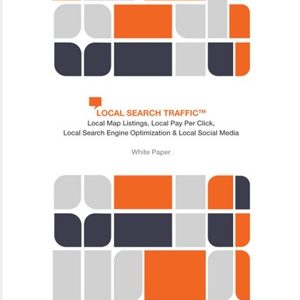
Since June of this year, the local carousel design has been active, prompting experts to evaluate its success and provide detailed strategies for optimization. Featuring prominently in local searches is crucial for businesses to connect with relevant users, minimize competition, and create a more localized online presence.
Optimizing for local search has historically been challenging. Many wonder if the local carousel has simplified this process and which factors will help small businesses capitalize on the new design.
Review of Local Carousel Rankings
The Digital Marketing Works (DMW) study is noteworthy for its in-depth analysis of the success and influencing factors of the local carousel. Here’s how they conducted the study:
- They reviewed over 4,500 search results within the hotel category across 47 US cities, ensuring each SERP featured a carousel result.
- For each of the top 10 hotels in every search, they collected data on the hotel’s name, rating, number of reviews, travel time from the hotel to the search city, and carousel rank.
- They used various hotel search terms such as “hotels in [city],” “best hotels in [city],” “downtown [city] hotels,” and “cheap hotels in [city]”.
- This approach garnered nearly 42,000 data points on approximately 19,000 unique hotels.
- They analyzed the correlation between a hotel’s rank and other factors to identify the most influential ones.
The study includes screenshots depicting their findings for each factor. However, four key insights stood out as particularly actionable for marketers.
What Influences Carousel Rankings: The Findings
First, carousel rank highly correlates with Google review ratings, considering both quality and quantity of reviews. Therefore, marketers should prioritize optimizing for reviews.
Second, location is significant. Half of the 1,900 hotels studied were within 2 miles of the search destination, while 75 percent were within a 13-minute radius. Businesses should encourage customers to search for landmarks instead of broad cities, given that Google’s concept of a city’s "center" may vary.
Third, Google adjusts the weighting of different hotel factors based on the specific search query. For example, for “downtown [city] hotels,” location is key, while for “best hotels in [city],” quality is paramount. Businesses should aim to optimize for a variety of search nuances.
Fourth, the findings apply to both primary and secondary markets, indicating that even smaller hotels should leverage online reviews to make it into the carousel.
Have you experienced success with the new local carousel? Share your stories and thoughts in the comments below.
Photo Credit: Digital Marketing Works



